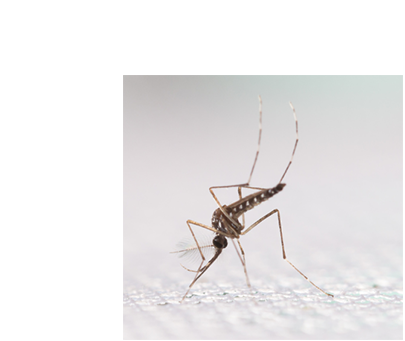
The AFRIMAC 2 Initiative (for business, technological, entrepreneurial and innovative exchange in matters of high economic impact between the Canary Islands and West Africa) has ended its actions on December 31, 2023 based on its programming.
IMAAC
Another of the projects in which AFRIMAC has decided to participate is IMAAC. In this case, in the fight against mosquito-borne diseases, thus trying to improve both the quality of life of people living in Africa and the security of the rest of the world. But, what is IMAAC?
IMAAC aims at investigation and mathematical analysis of the effect of avant-garde control measures in vector-borne diseases involving day-time active mosquitos transmitting diseases like dengue, Zika, chikungunya and yellow fever. The control measures involve new technologies in textile and paint products based on nano- and micro-particles releasing repellents or pesticides in well portioned dosage. The study will also be expanded to scenarios using vaccines in combination with mentioned control techniques. The main focus will be on dengue fever transmitted via Aedes aegypti and Aedes albopictus mosquitoes in synergy with existing EU-projects, but the application will have also positive effects on other vector-borne diseases.

Nano- and micro-particles are used in textile products for various purposes, and can be used to release chemicals like repellents and insecticides in a well-controlled rate. First attempts in this direction have been made, but no efficacy studies could be performed yet. The spectrum of combinations of nano- or micro-particles, repellents, insecticides and types of textiles (or paint) has not been well studied. Especially, efficacy studies in cases using these control measures in combination with vaccines are unchartered territories and mathematical modeling has to be developed.
This Action aims to bring together experts from epidemiology, biostatistics, mathematics, biology, nano-technology, chemical and textile engineering to implement new techniques to combat mosquito transmitted vector-borne diseases. The key question remains, in how far such avant-garde measures can help to reduce the disease burden, eventually in collaboration with existing vaccines which turned out to have only limited efficacy on their own.
Visit the IMAAC website to know more about this association!